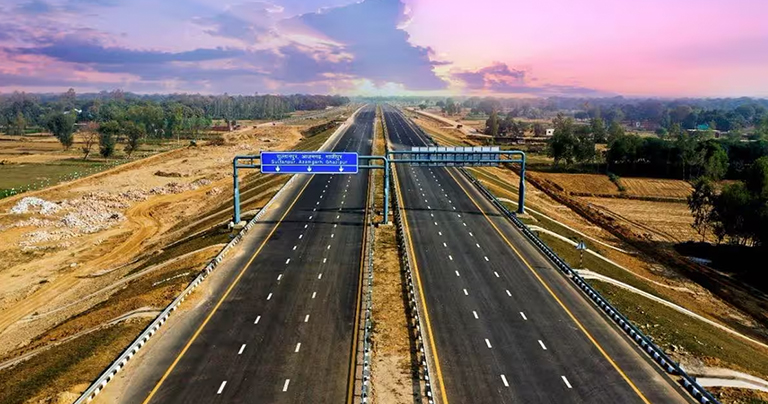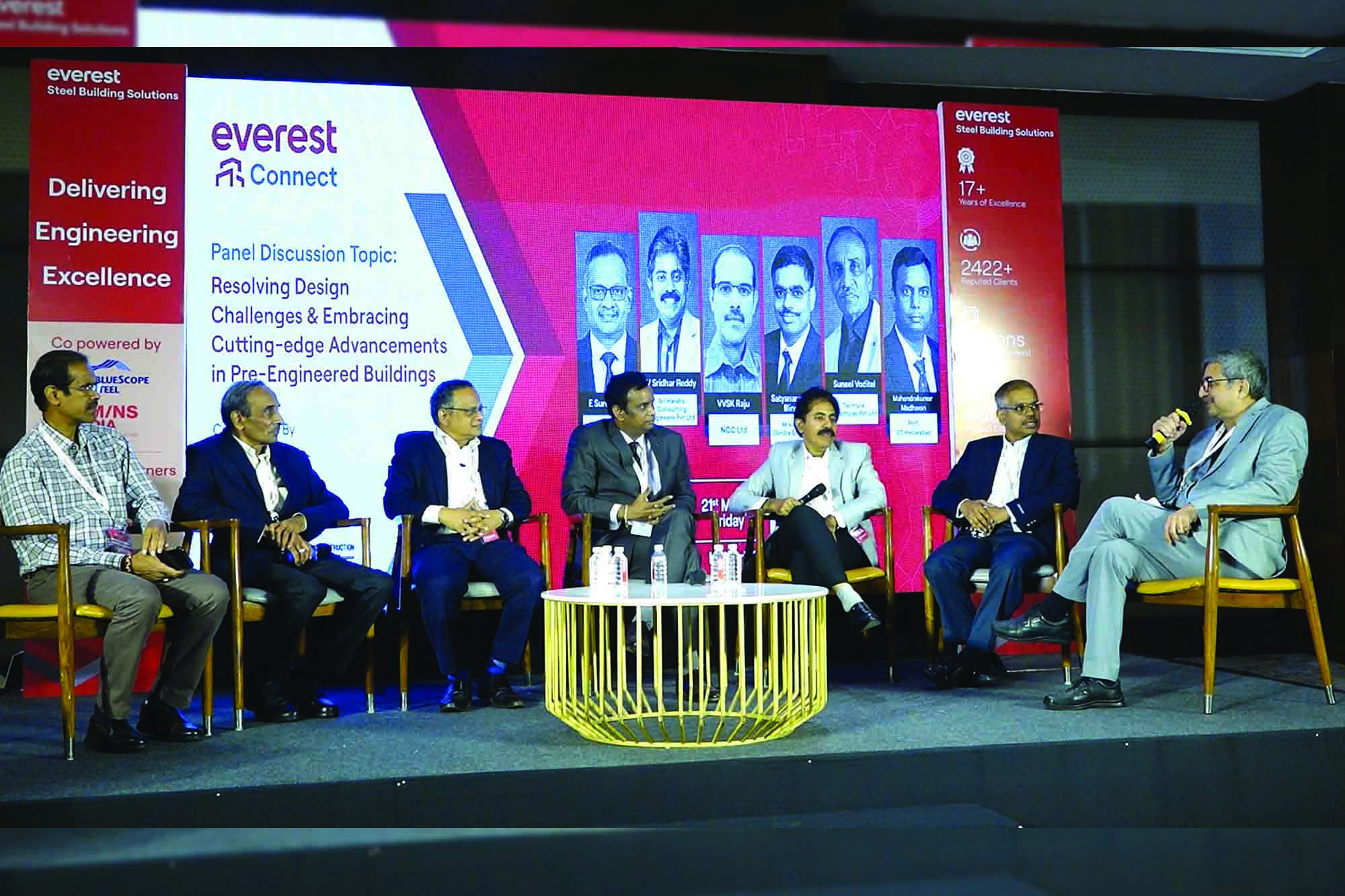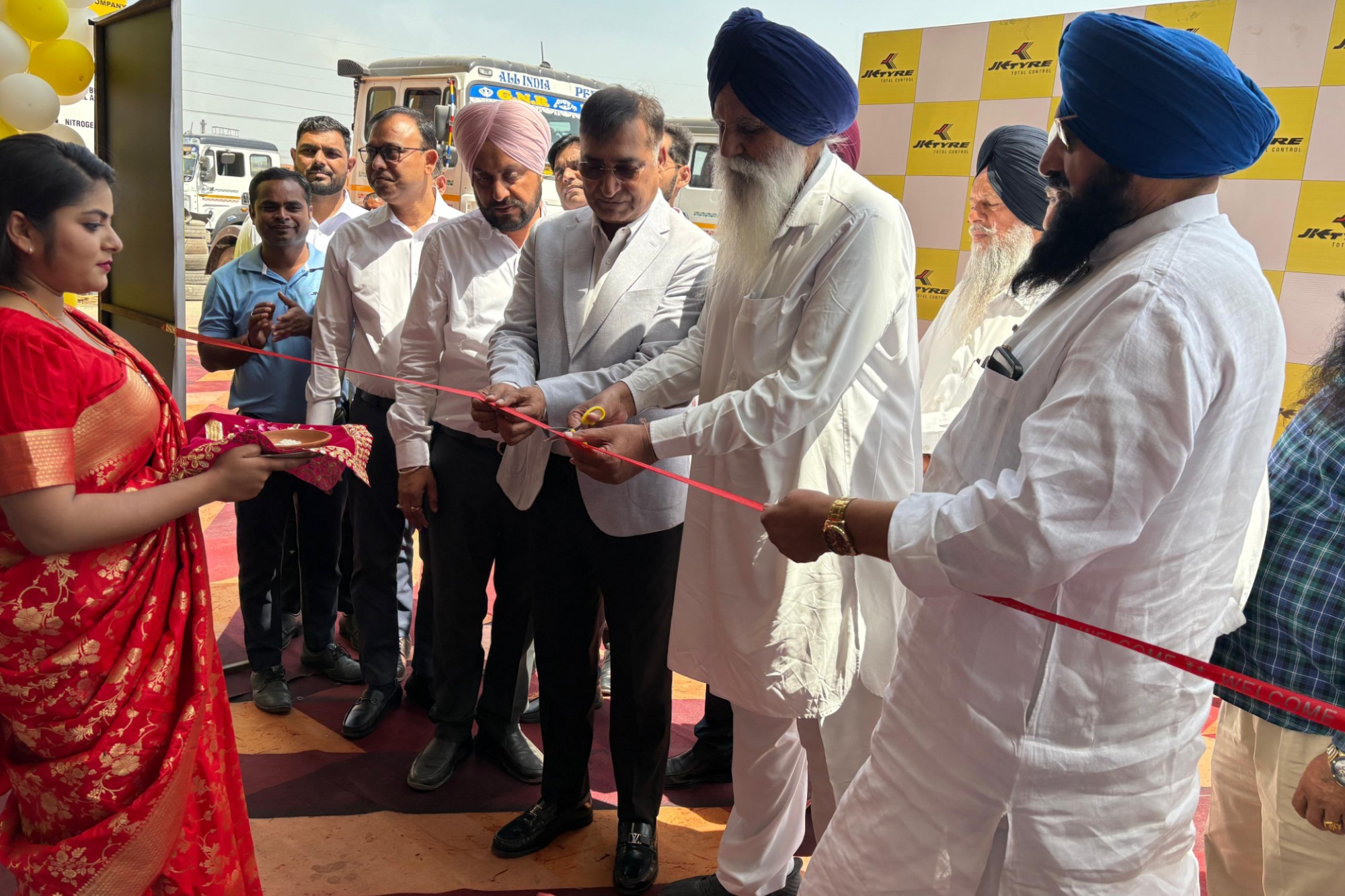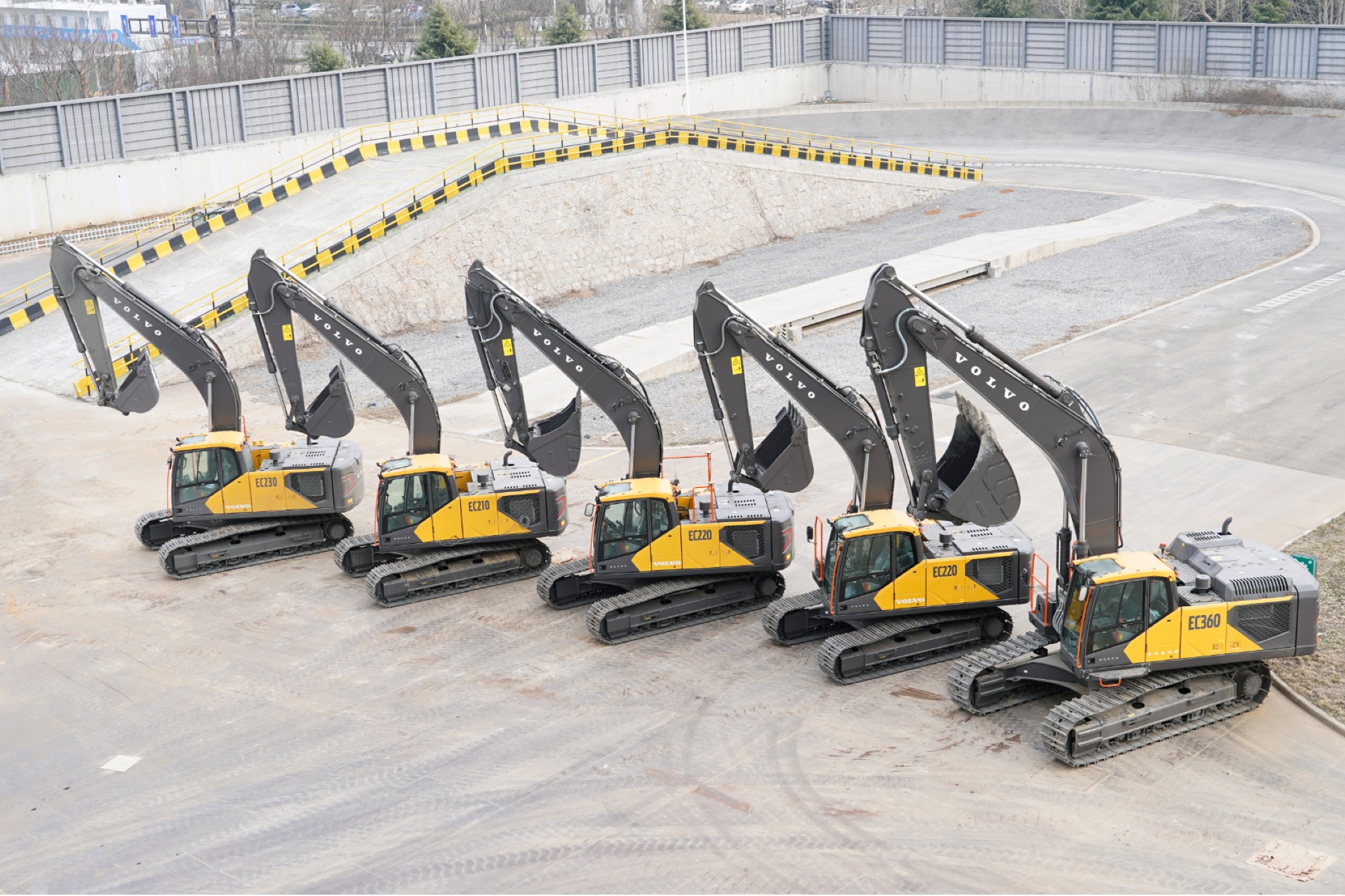Indian state roads transcend to National Highways
By Edit Team | August 18, 2023 3:47 pm SHARE

India witnesses a highway revolution as state roads embrace national highways status, fuelling unprecedented connectivity and the nation’s development to new heights.
In a recent announcement, Nitin Gadkari, the Union Minister of Road Transport and Highways, shed light on the well-established principles and criteria used to declare state roads as new National Highways (NHs) in India. The decision to elevate certain State Highways (SHs) to NH status is based on carefully evaluating various factors, ensuring that the selected roads align with the country’s developmental goals and strategic requirements.
One of the primary criteria considered is the geographical reach of the road. Roads stretching across the country’s length and breadth are prioritised for conversion to NHs. These routes play a crucial role in enhancing connectivity between different states and regions, fostering economic growth, and bolstering the nation’s overall infrastructure.
Moreover, roads that establish vital links between India and neighbouring countries or connect national capitals with state Capitals are also deemed suitable for elevation to NH status. Additionally, roads connecting major and non-major ports, large industrial centres, and popular tourist destinations are considered for the NH declaration. These routes facilitate the efficient transportation of goods and people, supporting the trade and tourism sectors.
Furthermore, the government focuses on the strategic significance of certain roads in hilly and isolated regions. By converting such roads into NHs, the government aims to improve accessibility, aid in developing these remote areas, and address security and defence concerns.
Another important criterion is the identification of arterial roads that significantly reduce travel distance and contribute to substantial economic growth. These roads are crucial in optimising transportation routes, reducing logistics costs, and enhancing business activities.
The government is also committed to opening up backward areas and hilly regions by upgrading certain roads to NH status. By doing so, they aim to promote balanced regional development and improve living conditions for the inhabitants of these regions.
Another aspect considered in the selection process is the achievement of the 100-KM national highway grid. This ambitious plan aims to create a comprehensive network of well-connected highways nationwide, improving transportation efficiency and accessibility.
The criteria for declaring new NHs are also aligned with the Prime Minister’s ambitious GatiShakti National Master Plan (NMP). This comprehensive plan aims to integrate various modes of transportation, such as road, rail, waterways, and air, to create a seamless and efficient logistics network across the country. The synergy between the NH declaration and the NMP ensures a holistic approach to infrastructure development, maximising the benefits for the nation.
Despite the rigorous evaluation process, Gadkari clarified that there is no proposal to declare the Petlavad-Ratlam road an NH. However, the existing SHs connecting Ratlam and Jhabua with the 8-lane Delhi-Vadodara Motorway have attracted attention. The Madhya Pradesh Road Development Corporation Ltd. (MPRDC) has invited proposals from consultants to prepare a feasibility report and detailed project report for the 4-lane with paved shoulders of these existing SHs. This move reflects the government’s commitment to improving road infrastructure and ensuring smooth transportation corridors.
Declaring state roads as new National Highways is a well-considered and strategic process. The criteria involve assessing various factors such as geographical significance, economic impact, strategic importance, and alignment with the national development plans. As India prioritises infrastructure development, transforming select state roads into NHs will undoubtedly play a pivotal role in driving the nation’s progress and connectivity.
Cookie Consent
We use cookies to personalize your experience. By continuing to visit this website you agree to our Terms & Conditions, Privacy Policy and Cookie Policy.




















































